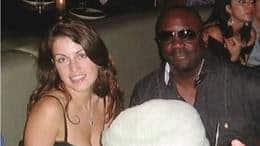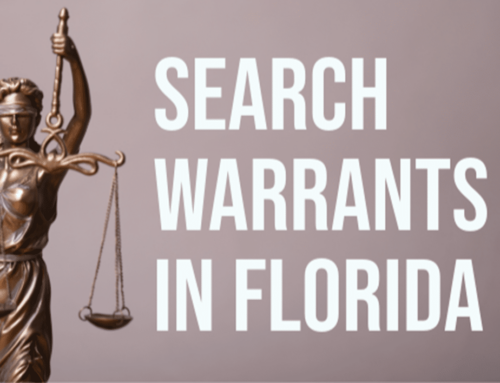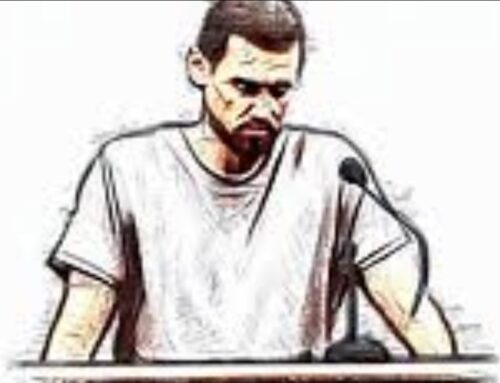There’s something special about being a cop.
Not only do you get to carry a badge and gun and put people in jail. You also get the special power to keep them there. How, you ask? Simple. Just open your mouth and say whatever you feel like saying.
In other words: you get the power to lie with impunity.
Most of the time, police fabrication and perjury slips under the radar. From time to time though, it’s exposed and the public recoils in horror as prosecutors and police departments scramble to paint the perpetrators as rogue cops.
But the fact remains: even when they’re caught, these “rogue” cops often escape with little more than a slap on the wrist–if that.
Take the sordid case of Detective Ed Hill of the North Miami Beach Police Department. Mr. Hill escaped forgery charges Tuesday by agreeing to resign and give up his law enforcement accreditation. As if the forgery allegation–that he faked a homicide suspect’s signature on a Miranda rights waiver form–isn’t bad enough, Mr. Hill–the lead investigator in the murder case against David Superville–was previously accused of having a romantic affair with the suspect’s wife. Yes, you read that correctly. Mr. Hill started dating the suspect’s wife after he safely booked him into the Dade County Jail.
Ed Hill and suspect’s wife
Det. Ed Hill with suspect’s wife
But ultimately, it was the forgery allegation that led to Mr. Hill’s “early retirement.”
So why didn’t the State Attorney’s Office file forgery charges against Hill? The State Attorney’s final memo conceded that the form was a fake, but claimed that prosecutors wouldn’t be able to prove who did it: “ln order to prove a criminal charge of forgery, the state would have to prove beyond a reasonable doubt that the subject was the person who did the tracing.” But, doesn’t the State always have to prove beyond a reasonable doubt that the defendant committed the crime? This seems to suggest that in order to file charges against Mr. Hill they needed to have a video of him, in flagrante delicto, pulling out his …. pen.
But the fact is, the State Attorney’s Office files and prosecutes hundreds if not thousands of cases a year without this type of evidence. Without the video. Without the body. Without the “smoking gun.”
They’re called circumstantial cases–and this one’s a no-brainer.
Ask yourself, who had the means, motive, and opportunity to commit this forgery?
The State Attorney’s close-out memo points out that “there were multiple people who had access to the file and the documents” making it sound like anyone could be to blame for the forgery. But it couldn’t have been just anyone. It had to be someone who had access to the file. And the only people who had access to the file work for the North Miami Beach Police Department. And:
-Mr. Hill was the lead detective in the case.
-Mr. Hill had unfettered access to the file
-Mr. Hill was already in hot water for committing adultery with the suspect’s wife.
-It was Mr. Hill who produced the document for the first time just as the case was going to trial — four years after the suspect’s arrest.
Means, motive, and opportunity. It doesn’t get any clearer than this.
So why then didn’t the State Attorney file charges against Mr. Hill? Because this wasn’t Hill’s only case. And his credibility as a witness in other cases will continue to be an issue as it is in the murder case against Lazaro Cortes–the alleged lookout in the May 2006 slaying of a North Miami Beach dollar store clerk.
In that case, defense lawyer Sydney Smith is arguing that his client’s statements should be suppressed because Hill coerced his client into giving a false confession. He filed a motion on Tuesday citing the Superville case.
When asked about the State Attorney’s decision not to file charges against Hill, Smith observed: “If they prosecute [Hill], he’s of no value to them as a witness.”
And “therein lies the rub.”
By: David Edelstein January 26, 2012.









